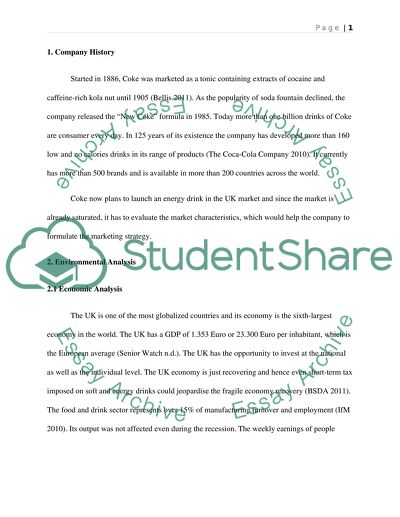Cite this document
(“Marketing Plan for Coca-Cola Co Term Paper Example | Topics and Well Written Essays - 1500 words”, n.d.)
Marketing Plan for Coca-Cola Co Term Paper Example | Topics and Well Written Essays - 1500 words. Retrieved from https://studentshare.org/marketing/1431571-marketing-plan-for-coca-cola-co
Marketing Plan for Coca-Cola Co Term Paper Example | Topics and Well Written Essays - 1500 words. Retrieved from https://studentshare.org/marketing/1431571-marketing-plan-for-coca-cola-co
(Marketing Plan for Coca-Cola Co Term Paper Example | Topics and Well Written Essays - 1500 Words)
Marketing Plan for Coca-Cola Co Term Paper Example | Topics and Well Written Essays - 1500 Words. https://studentshare.org/marketing/1431571-marketing-plan-for-coca-cola-co.
Marketing Plan for Coca-Cola Co Term Paper Example | Topics and Well Written Essays - 1500 Words. https://studentshare.org/marketing/1431571-marketing-plan-for-coca-cola-co.
“Marketing Plan for Coca-Cola Co Term Paper Example | Topics and Well Written Essays - 1500 Words”, n.d. https://studentshare.org/marketing/1431571-marketing-plan-for-coca-cola-co.


